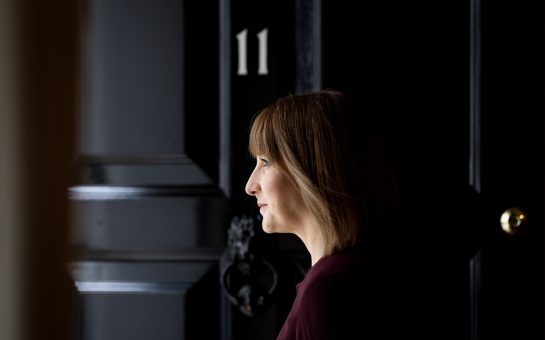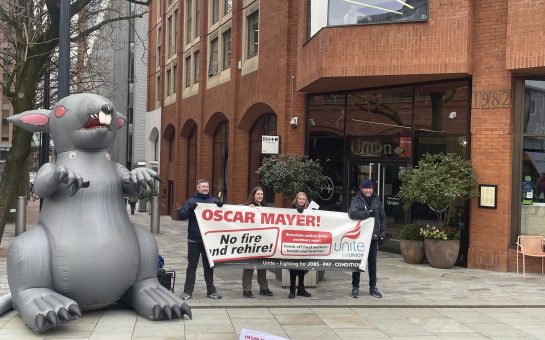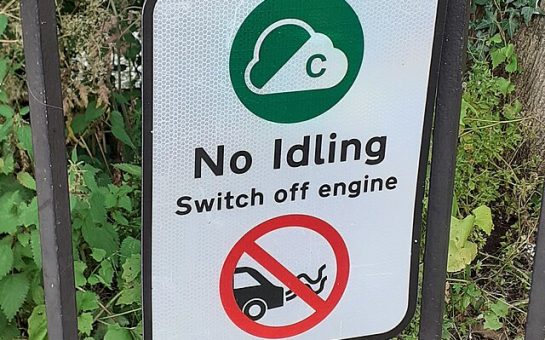The departure of former MP Andy Burnham has energised political debate in Leigh and many residents see this election as the most important and contentious in recent history.
According to some, they will decide whether their future lies within Wigan MBC or in a brave new world of local government independence.
Labour has held Leigh since 1922 and it is historically one of the safest Labour seats in the country. But could the winds of change leave Labour candidate and Burnham protégé, Jo Platt, out in the cold?
MM spoke to candidates James Grundy (Cons), Mark Bradley (UKIP), Joanne Platt (Lab) as well as Lord Peter Smith (Leader of Wigan Council) about the prospect of a ‘Lexit’.
Grundy and Bradley both pledge to work towards delivering a ‘Lexit’ if elected. They intend to seek a formal separation from Wigan Council and establish an independent local authority for Leigh.
Before we look at why and how, lets head back to the very beginning.
Situated nearly eight miles south-east of Wigan and with a proud civic identity of its own, Leigh was absorbed by Wigan MBC after the Local Government Act of 1972.
Many residents are unreservedly vocal about their perceived neglect at the hands of a Wigan-centric Labour council and there is some support for an independent local authority.
Bradley has chosen ‘freedom’ from Wigan MBC as his flagship campaign policy.
— Mark Bradley (@MBR4DLEY) January 7, 2017
He said: “Since we were forced under the heel of Wigan Council in 1974, our area has been neglected and run down.
“It is unacceptable that taxpayer’s money from Leigh should continue to be poured into projects in Wigan.”
But is the prospect of political and economic independence for Leigh a realistic proposition?
Bradley confidently cites The Government’s Localism Act 2011 as the vanguard for further change. This Act aimed to facilitate the devolution of decision-making powers from central government control to individuals and communities.
Lord Peter Smith, leader of Labour-controlled Wigan Council, is sceptical that such radical changes to local government can be realised.
He said: “The Local Government Act of 1972 set up the current Council and its functions. It would need a new Act of Parliament to change the existing status. Given the need to change our laws to cope with Brexit there would be no time in Parliament to institute further changes to local government.”
Councillor Grundy is a long-standing proponent of independence for the town and previously raised the issue with then-Local Government Minister Eric Pickles in 2015.
He points to the reorganisation of Cheshire into two unitary authorities in 2009 as an example of successful structural changes to local government.
“There hasn’t been any great issue with this and no-one is calling for those authorities to be recombined. I do not see any insurmountable hurdles to establishing an independent authority for Leigh,” he said.
Claims that Leigh is underfunded and neglected by Wigan Council are contentious. Bradley highlights several perceived injustices including crucial services that have closed and relocated to Wigan.
He points to the closure of the A&E unit, maternity home, Magistrates Court and police station as prime examples of Wigan MBC’s apparent indifference to Leigh.
Lord Peter refutes Bradley’s allegations of neglect and underinvestment. He insists that Leigh has received considerable investment over the last few years.
Pleased to welcome @eddieizzard to Leigh this afternoon to speak to my supporters about the value of a @UKLabour Gov for people in Leigh pic.twitter.com/n9fOP2BHca
— JoPlatt4Leigh (@JoPlatt4Leigh) June 1, 2017
Examples of substantial investment in Leigh include the £1.8m awarded last year from the Community Investment Fund (25% of the total fund for Wigan MBC), £68m for the Leigh-Manchester Guided Busway, new pitches at Leigh Sports Village and a further £4m earmarked for town-centre regeneration.
But the local Conservative and UKIP candidates both claim that the public’s disillusionment with Wigan MBC is one of genuine antipathy.
Coun Grundy said: “There is certainly a long-standing feeling that Leigh plays second fiddle and this sentiment has made the Leigh seat competitive for the Conservatives for the first time in almost a century.”
Coun Grundy refers specifically to the fact that Lowton Civic Hall and Formby Hall in Atherton were sold to developers and demolished for housing despite strong local opposition.
He argues that this in stark contrast to the £6m restoration of Haigh Hall in Wigan which was secured through a partnership deal with private investors who will fund the refurbishment.
Coun Grundy also claims that Wigan MBC lobbied for the route of HS2 to ‘plough’ through Leigh with little regard for its greenbelt.
Councillor Jo Platt is opposed to an independent local authority and says that the people of Leigh need ‘solutions, not empty gestures’.
She said: “A new local authority would cost millions to set up and I feel that the vast majority of Leigh residents would prefer their elected representatives to continue to focus on solutions rather than setting up new and expensive bureaucratic bodies.
“True devolution is about putting power back in the hands of communities and not by creating further levels of bureaucracy.”
Wigan MBC is confronting the consequences of cuts to services totalling £160m.
Coun Platt insists that in a time of austerity, ‘Lexit’ is not the answer
“Together it is not going to be easy. Divided it will be disastrous.”
Image courtesy of LPG WASPI via YouTube, with thanks.



